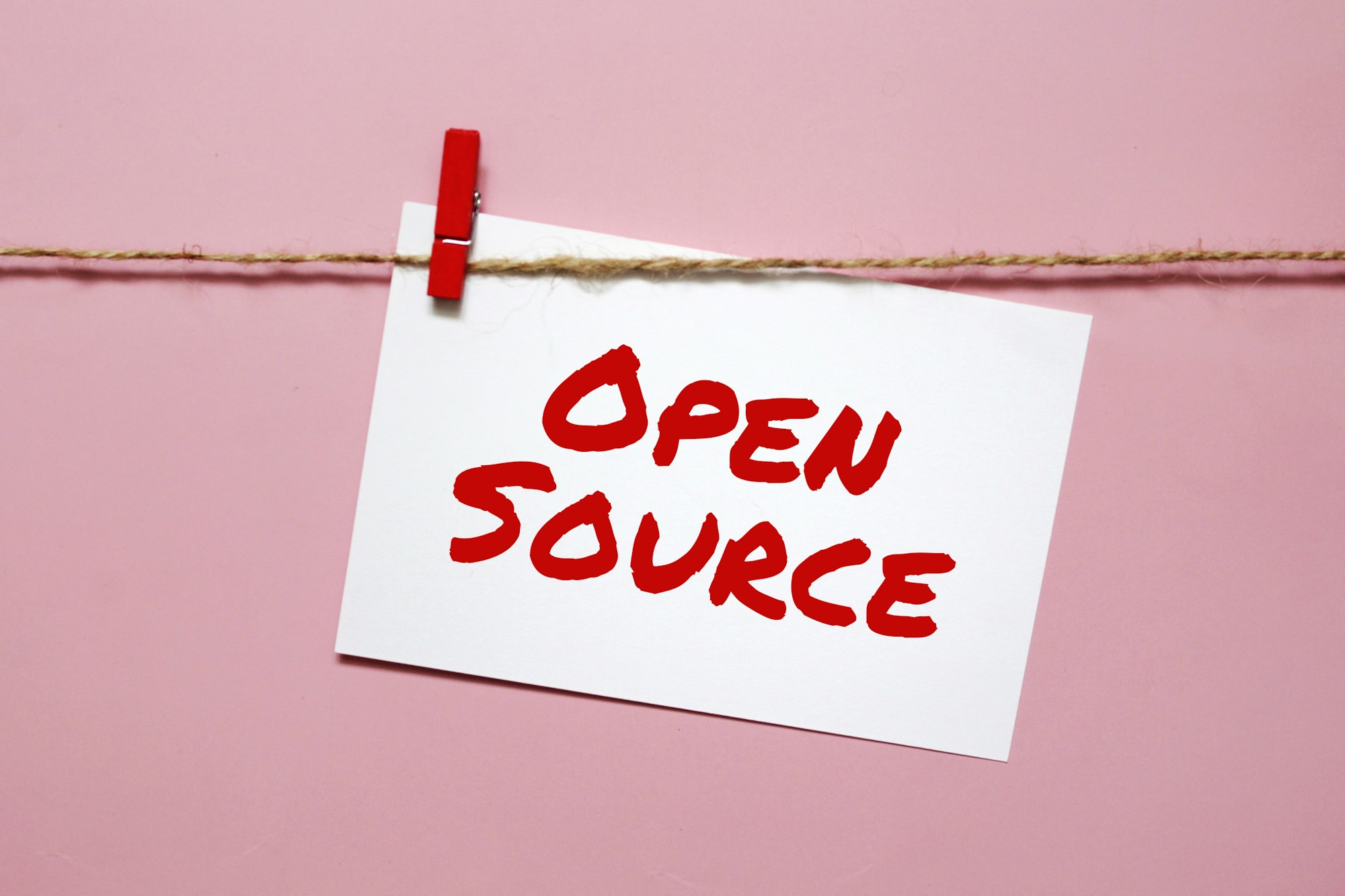Address
33-17, Q Sentral.
2A, Jalan Stesen Sentral 2, Kuala Lumpur Sentral,
50470 Federal Territory of Kuala Lumpur
Contact
+603-2701-3606
info@linkdood.com
Address
33-17, Q Sentral.
2A, Jalan Stesen Sentral 2, Kuala Lumpur Sentral,
50470 Federal Territory of Kuala Lumpur
Contact
+603-2701-3606
info@linkdood.com

Elon Musk, the guy behind companies like Tesla and SpaceX, has decided to share Grok’s code with the world. Grok is a chatbot made by his A.I. company, xAI, and this open-source move is shaking things up in the tech world. It’s Musk’s way of challenging other big tech companies and pushing for more innovation and safety in A.I. by letting everyone in on how Grok works.

Grok isn’t your usual chatbot. It’s got attitude, inspired by “The Hitchhiker’s Guide to the Galaxy,” and it’s designed to give fun and witty replies. xAI, which operates separately from Musk’s other businesses, made Grok to work with the social media platform X, training it on what users post there. This is setting a new standard for how we interact with A.I., focusing on making it more engaging and full of personality.
Sharing A.I. tech for everyone to see and use can be great because it helps make A.I. safer and better through teamwork. But, it also comes with risks, like the wrong people using it for bad stuff. The A.I. world is split on whether this is the way to go. Musk is all for being open and working together to make A.I. safer and more useful.
Musk’s decision to share Grok’s code comes at a time when he’s not seeing eye-to-eye with OpenAI, a company he helped start. He’s even suing them. The issue? They don’t agree on how to handle A.I. tech. Musk’s lawsuit highlights a big debate about whether we should keep A.I. tech under wraps for competitive reasons or share it to help everyone move forward together.
More and more companies, like Meta and Google, are starting to share their A.I. tech. This shows that the idea of working together and sharing in the A.I. community is catching on. It’s a sign that many think teaming up can lead to faster progress and new ideas in A.I. tech.
For Musk, sharing Grok’s code isn’t just about being nice and open. It’s also a smart business strategy. By inviting others to improve Grok, Musk is betting that this will speed up Grok’s development and help his company stand out in a crowded field, challenging other big tech companies.
Elon Musk is mixing things up by sharing Grok’s code in the A.I. world. This article breaks down why he’s doing it, what it means for A.I. development, and how other companies are reacting. We also dive into the pros and cons of open-source A.I. and the competition between Musk and OpenAI.

1. What is Grok, and how is it different from other chatbots?
Grok is a chatbot developed by Elon Musk’s company, xAI, designed to interact with users in a unique, engaging manner, inspired by “The Hitchhiker’s Guide to the Galaxy.” Unlike typical chatbots, Grok offers witty and snarky responses, making user interactions more entertaining. It was developed to integrate with the social media platform X, learning from user posts to enhance its conversation skills.
2. Why did Elon Musk decide to open-source Grok’s code?
Elon Musk chose to open-source Grok’s code as a strategic move to challenge the status quo in the A.I. sector, promote innovation, and improve safety through community collaboration. This approach allows developers worldwide to contribute to Grok’s development, accelerating its progress and democratizing A.I. technology.
3. What are the main concerns about open-sourcing A.I. technology?
While open-sourcing A.I. technology encourages transparency and collective improvement, it also poses risks related to misuse. Critics argue that making advanced A.I. technologies publicly available could enable malicious use, such as creating sophisticated spam bots or misinformation campaigns. The debate centers on finding the right balance between openness and ensuring A.I. is used responsibly.
4. How does Musk’s open-sourcing initiative relate to his lawsuit against OpenAI?
Musk’s lawsuit against OpenAI, the company he co-founded, stems from disagreements over the management and direction of A.I. technology. By open-sourcing Grok, Musk is emphasizing his belief in transparency and collective progress, contrasting with OpenAI’s more controlled approach to A.I. development. The lawsuit highlights broader industry tensions over whether to keep A.I. advancements proprietary or to share them openly.
5. Are other companies following Musk’s lead in open-sourcing their A.I. technology?
Yes, several tech giants, including Meta and Google, have begun to share their A.I. technologies with the public, indicating a growing trend toward open-sourcing in the industry. This shift suggests a recognition of the benefits of community-driven development, such as faster innovation and the potential to create more robust and versatile A.I. applications. Musk’s move with Grok adds momentum to this trend, encouraging more companies to consider open-sourcing as a viable strategy for A.I. development.
Sources The New York Times